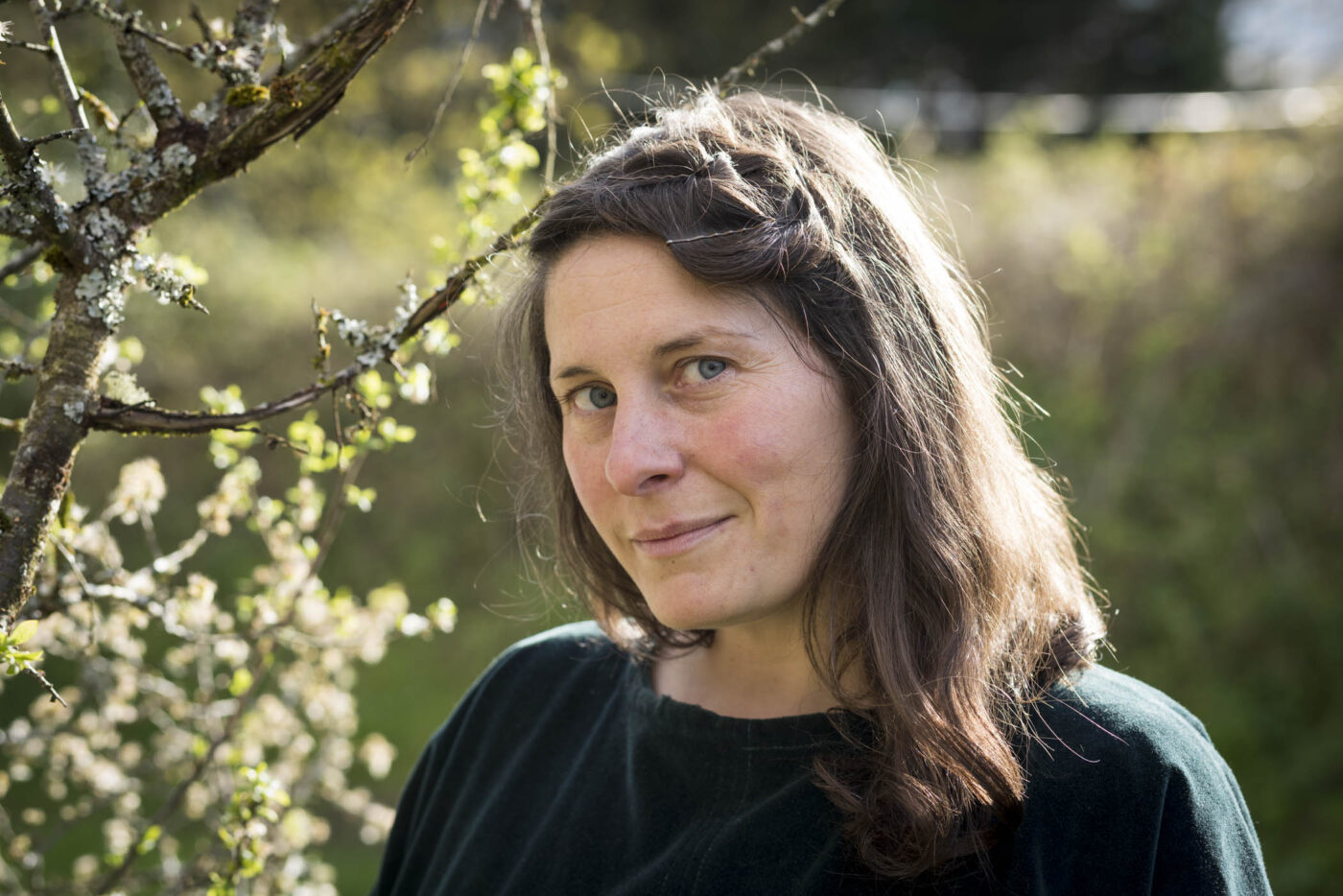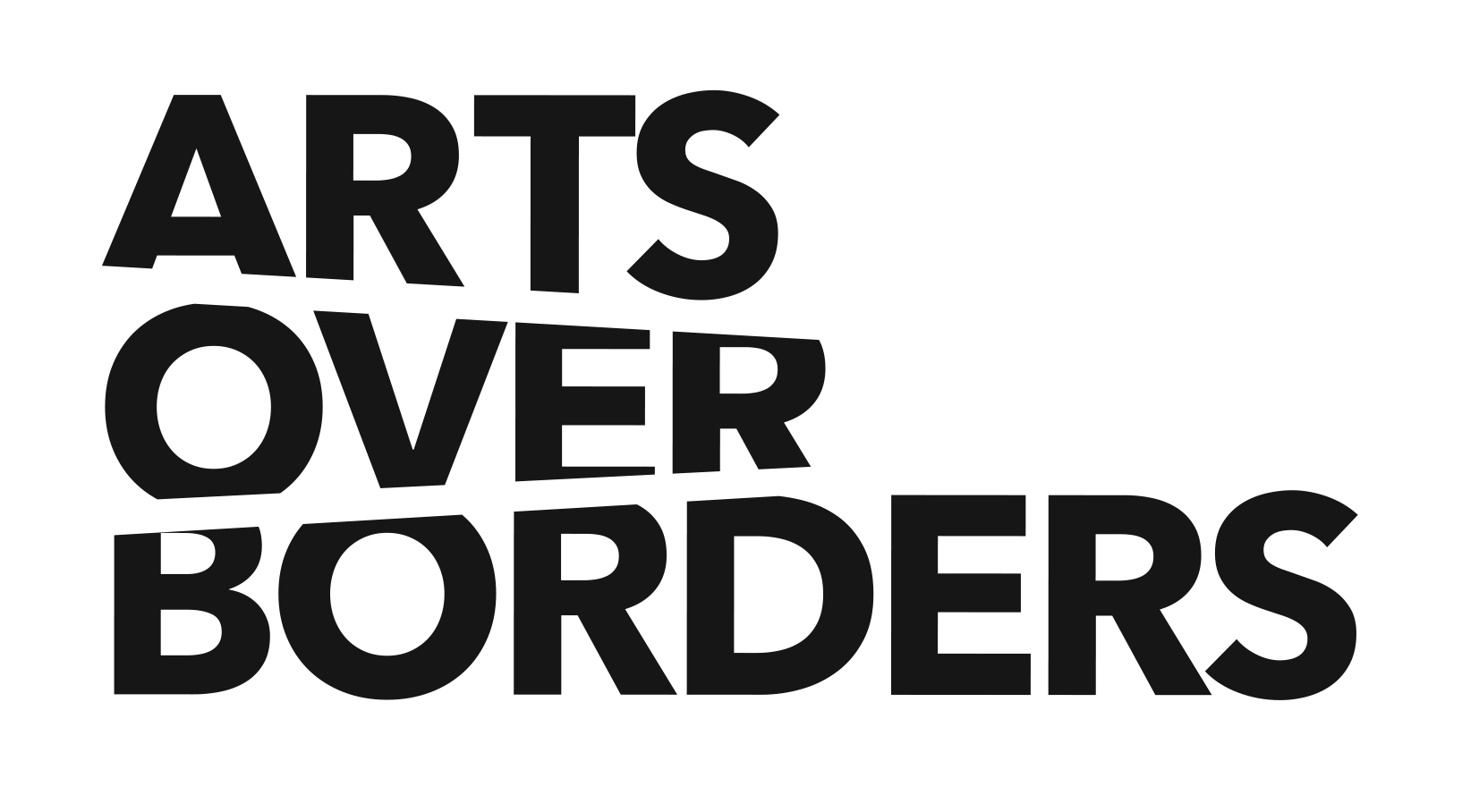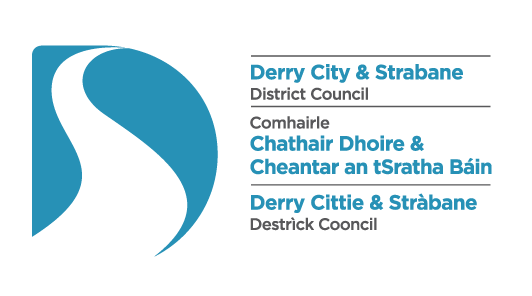City Rationale
In Derry the greeting on the street for Hello from one person to another is the word ‘Yes.’ The last seven words of Ulysses end with repeating this affirmative (‘…yes I said yes I will Yes.’) and so to end in Derry is an affirmative gesture, whilst we also bring Derry’s natural hinterland of north Donegal into the YES Festival. The final chapter of Ulysses and thqxe Odyssey are focused on female characters, Penelope and Molly. Derry is a city historically centred around a female workforce, it was once the centre of shirt manufacture; at the time of the publication of Ulysses, around 40 shirt factories operated in Derry and the vast majority of the workforce (and the breadwinners in most homes) were women. A surprise closing location for a surprise closing episode. Joyce writes of ‘Yes’ as ‘the end of all resistance’. Joyce wrote this episode in mid-1921, the time of the Anglo-Irish Treaty.
Ulysses Episode
The final episode consists of Molly Bloom’s thoughts as she lies in bed next to her husband. The episode uses a stream-of-consciousness technique in eight paragraphs with a deliberate lack of punctuation. Molly thinks about Boylan and Bloom, her past admirers, including Lieutenant Stanley G. Gardner, the events of the day, her childhood in Gibraltar, and her curtailed singing career. She also hints at a lesbian relationship, in her youth, with a childhood friend named Hester Stanhope. These thoughts are occasionally interrupted by distractions, such as a train whistle or the need to urinate. The episode famously concludes with Molly’s remembrance of Bloom’s marriage proposal, and of her acceptance: “he asked me would I yes to say yes my mountain flower and first I put my arms around him yes and drew him down to me so he could feel my breasts all perfume yes and his heart was going like mad and yes I said yes I will Yes.” The episode is also concerned with the occurrence of Molly’s early menstrual period. She considers the proximity of her period following her extra-marital affairs with Boylan, and believes her menstrual condition is the reason for her increased sexual appetite. Molly corresponds to Penelope in Homer’s epic poem, who is known for her fidelity to Odysseus during his twenty-year absence, despite having many suitors.
Homer Odyssey Chapter
Book 23: Eurycleia goes upstairs to call Penelope. Penelope doesn’t believe anything that Eurycleia says, and she remains in disbelief even when she comes downstairs and sees her husband with her own eyes. Penelope remains wary, afraid that a god is playing a trick on her. She orders Eurycleia to move her bridal bed, and Odysseus suddenly flares up at her that their bed is immovable, explaining how it is built from the trunk of an olive tree around which the house had been constructed. Hearing him recount these details, she knows that this man must be her husband. They get reacquainted and, afterward, Odysseus gives his wife a brief account of his wanderings. He also tells her about the trip that he must make to fulfill the prophecy of Tiresias in Book 11. The next day, he leaves with Telemachus for Laertes’ orchard. He gives Penelope instructions not to leave her room or receive any visitors. Athena cloaks Odysseus and Telemachus in darkness so that no one will see them as they walk through the town.
Public Events
Public Symposium
Artists’ Exchange
This project strand offers short residency opportunities in partner cities for 30 emerging artists as part of the legacy of this pan-European project.
Each city partner will send two artists on a residency to another partner’s city of a different art form, thereby seeking to enrich their professional practice through inter-disciplinary residencies. Artists are chosen on the basis of having demonstrated an interest in the hosting city’s Arts & Society contemporary European theme. They must also practice a different art form from that of the hosting city’s public event. The project offers the emerging artists the opportunity to travel without the pressure to produce work and ideally to experience UEO’s public events.
Confirmed artists’ personal statements and biographies can be found on the relevant city’s page by clicking on the artist’s photo.
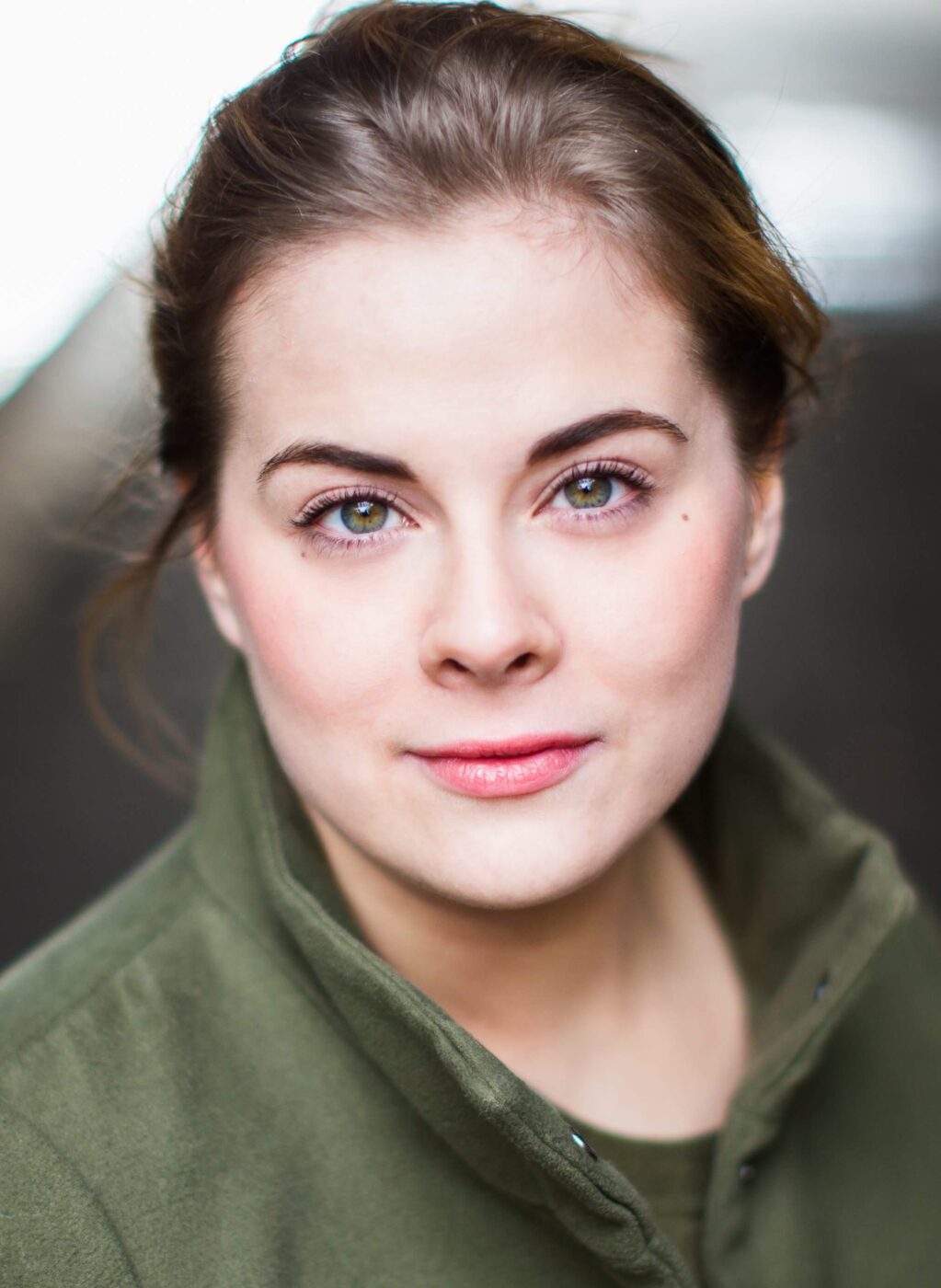

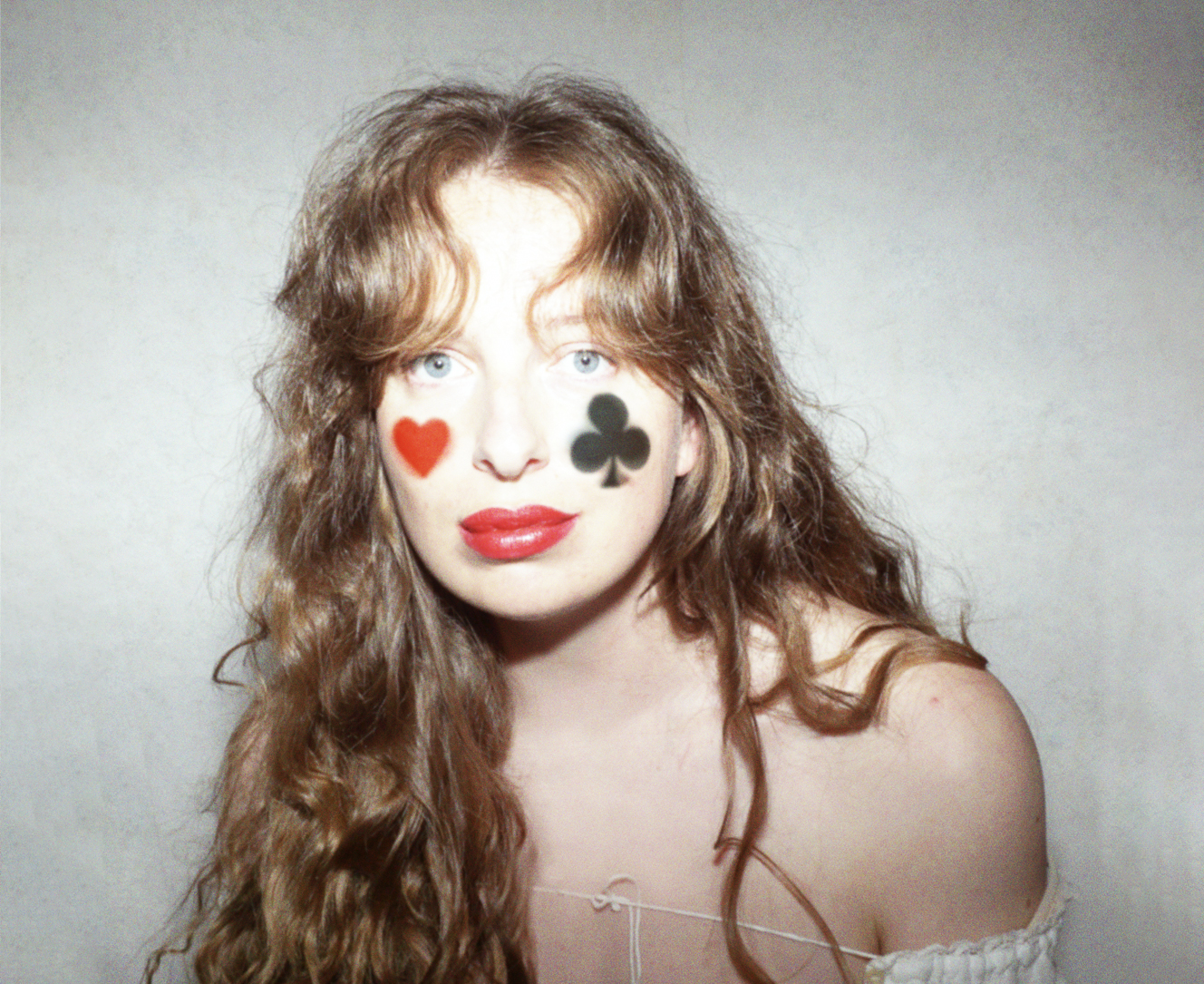
Book
Press
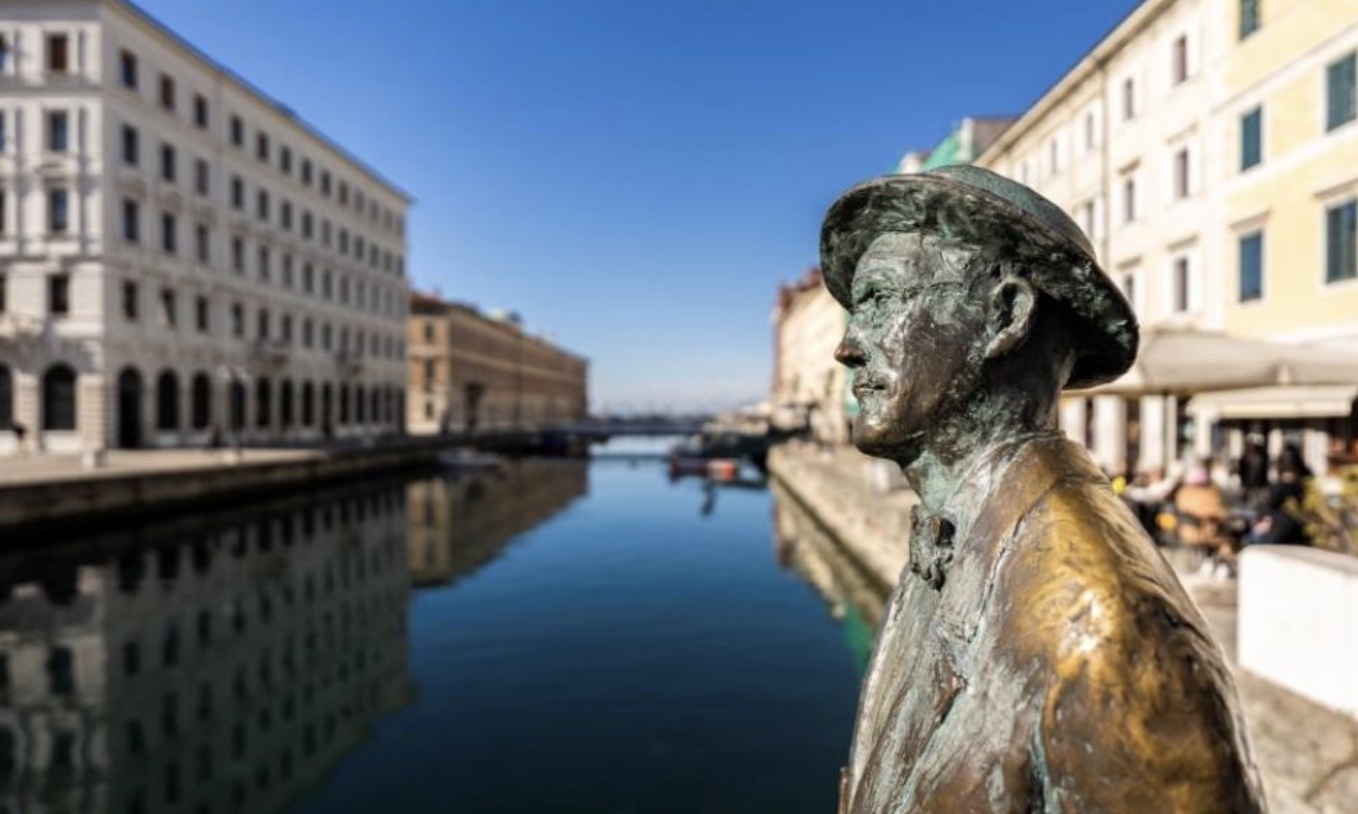
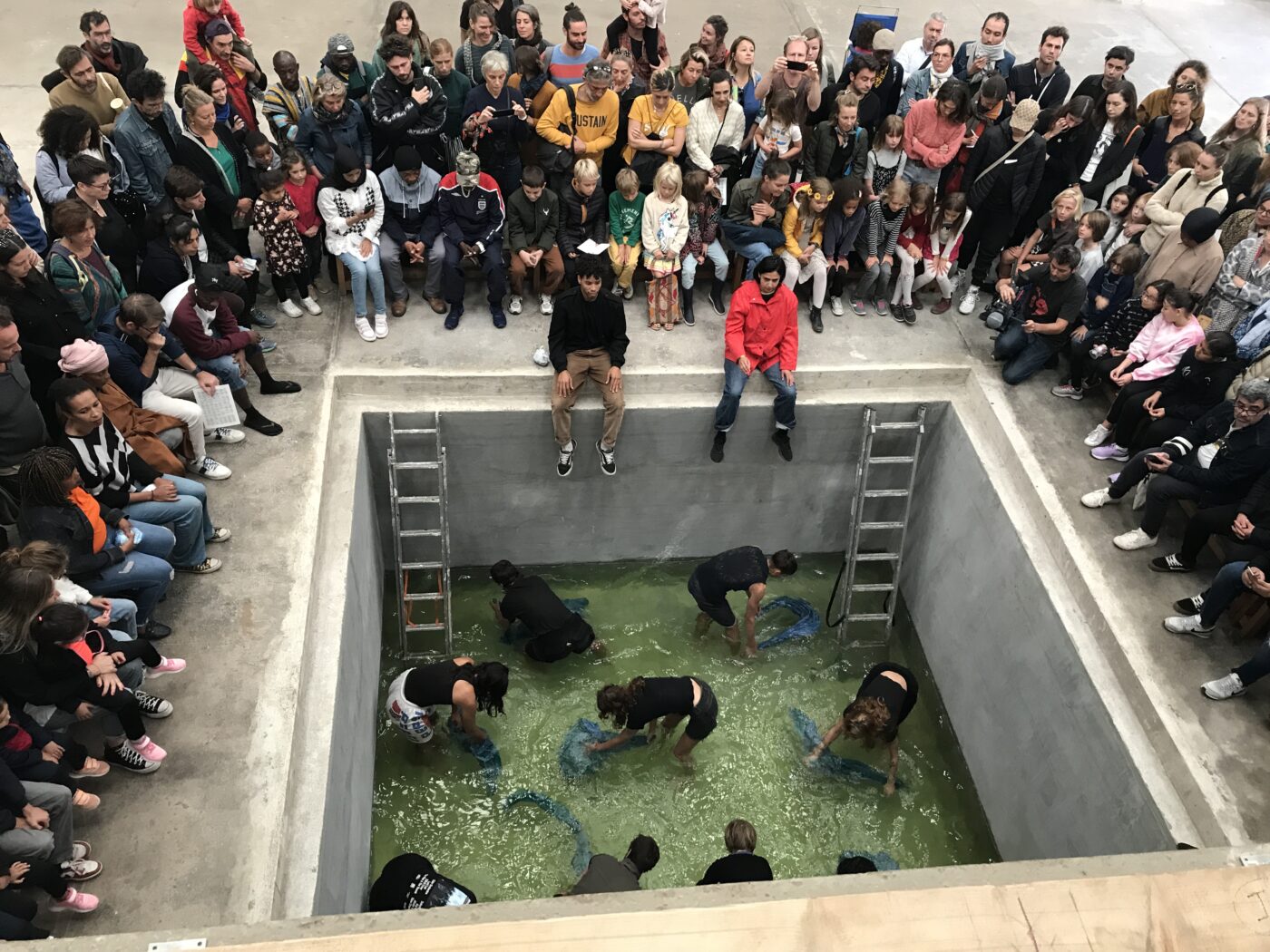
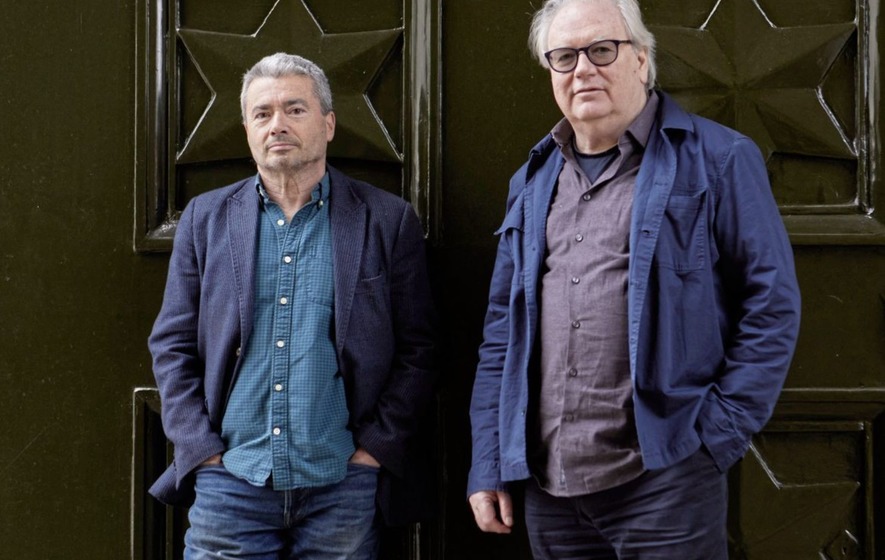
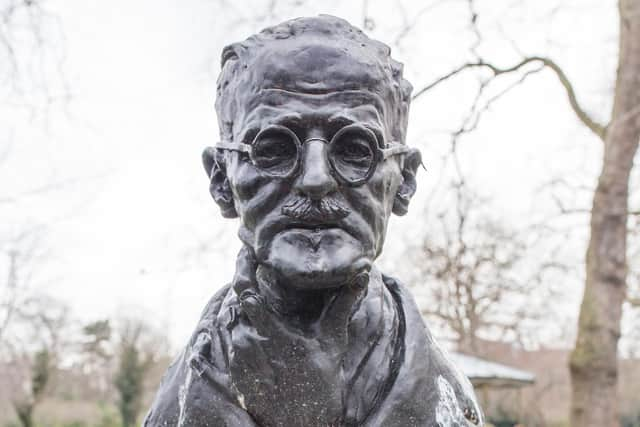
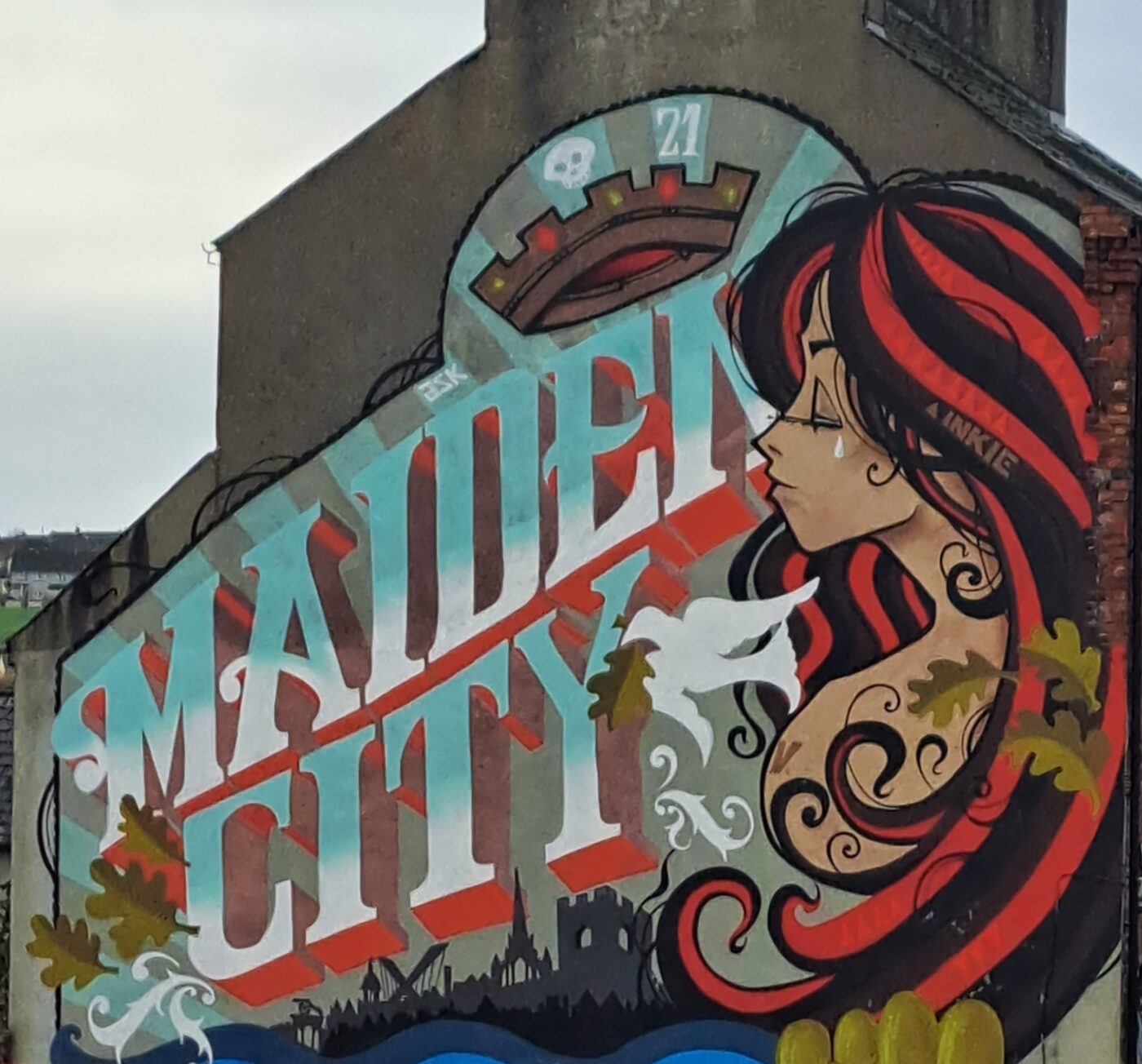
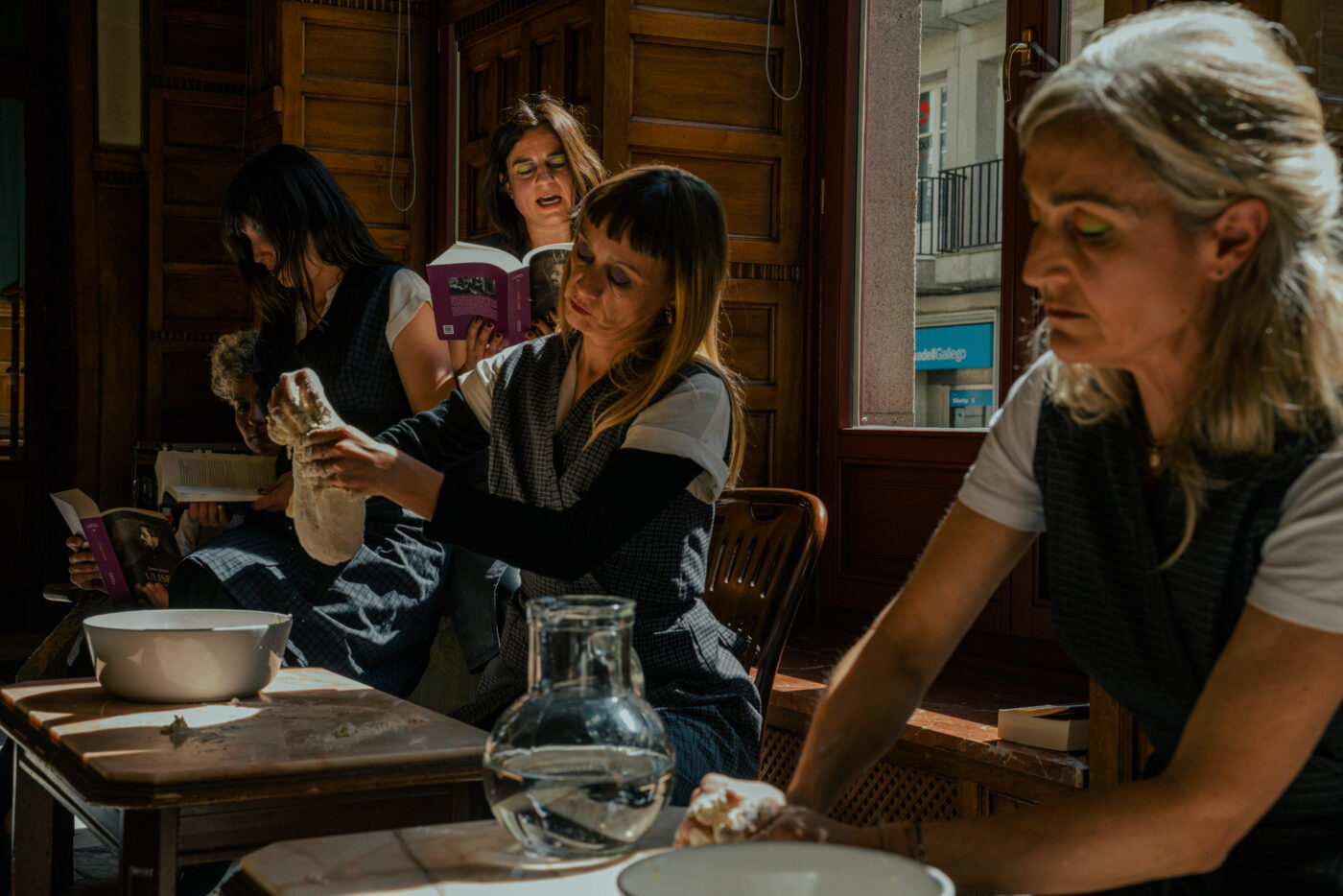

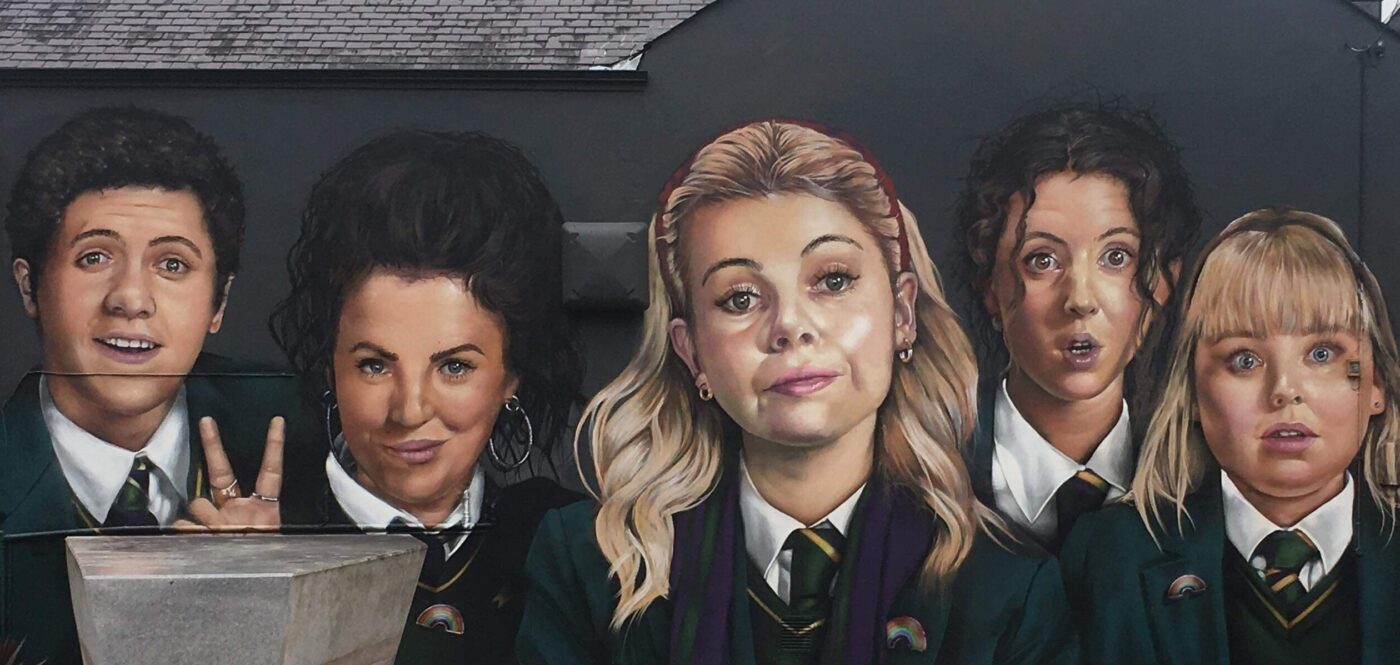

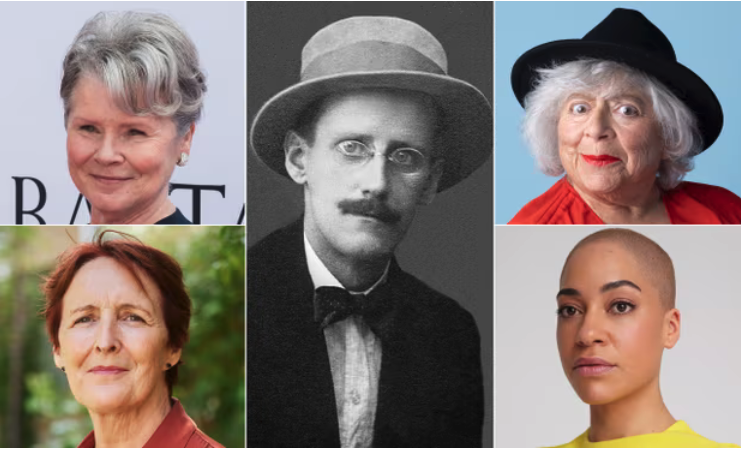
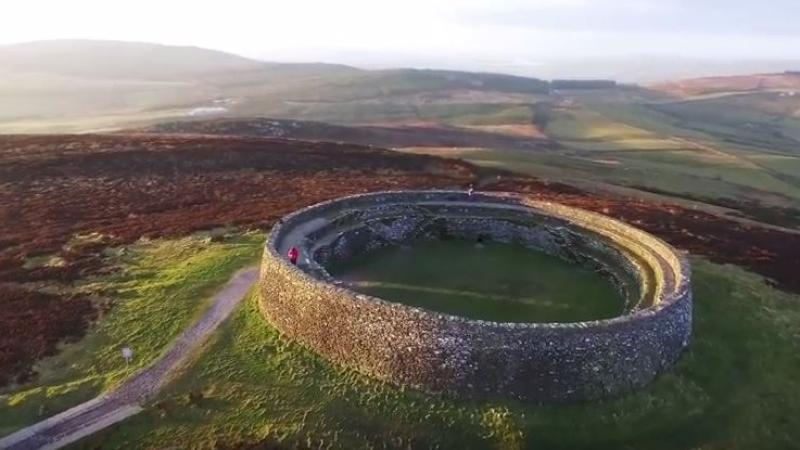
Partner description
Arts Over Borders was founded in 2012 in the Irish border area and specialises in multi-arts festivals, events and public art that animate the high-profile literary heritage of this region.
The organisation commissions innovative site-specific productions and newly devised work with local communities and international artists in the border landscapes either side of the 500km Irish border.
Its annual festival platforms include the globally acclaimed Happy Days Enniskillen International Beckett Festival and the Lughnasa FrielFest & A Wilde Weekend which spring from the work of Irish dramatists Brian Friel and Oscar Wilde.




